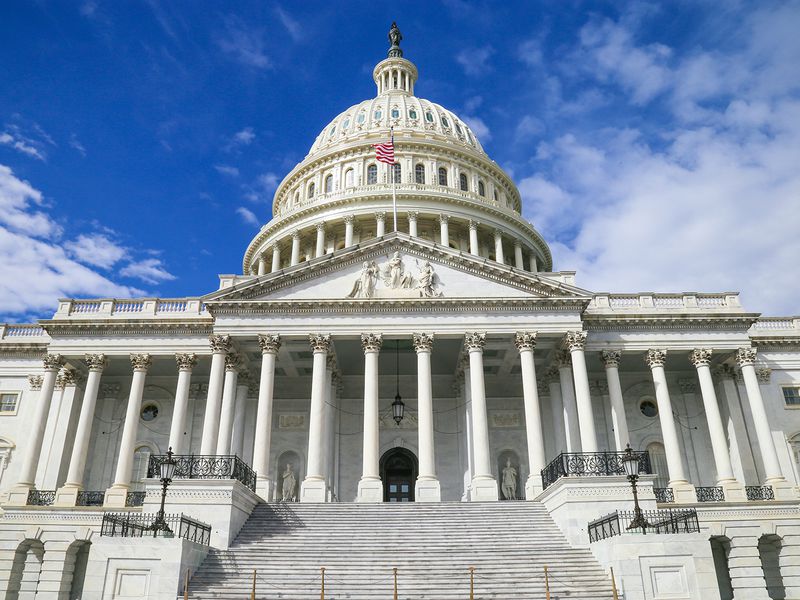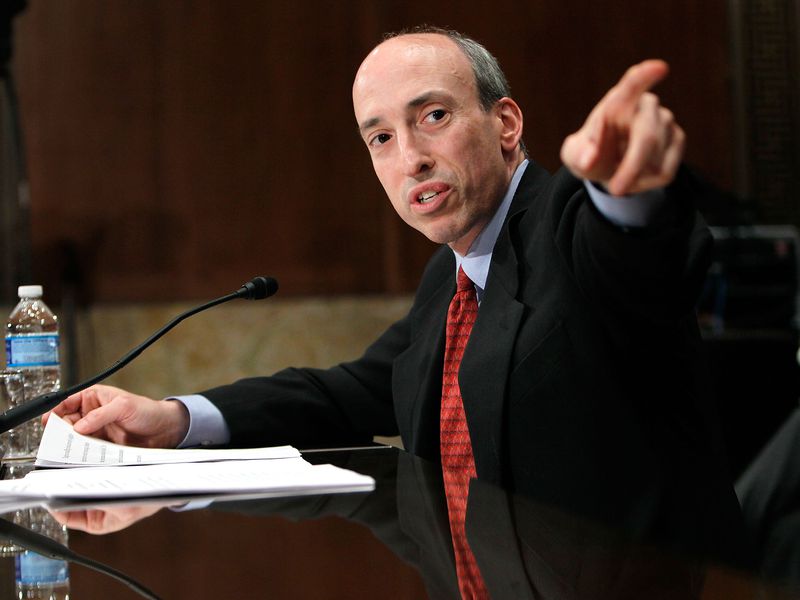South Korean Watchdog Plans Direct Supervision of Crypto Exchanges

A South Korean financial watchdog under the Financial Services Commission (FSC) is planning to more closely supervise cryptocurrency exchanges.
The agency in question, the Financial Intelligence Unit (FIU), has said it will directly regulate crypto trading platforms, which currently are indirectly controlled via guidance given to banks, says a report in Business Korea on Wednesday.
For example, last year, the FSC amended the anti-money laundering rules applying to cryptocurrency exchanges, which was to be carried out by requiring domestic banks to tighten up monitoring of exchange-held accounts.
In today’s report, Lee Tae-hoon, director of administration and planning at the FIU, was cited as saying Tuesday that the Korean government will set up a licensing system for crypto exchanges, as recently recommended in new international standards issued by the Financial Action Task Force (FATF). The move would boost the transparency of cryptocurrency transactions, Lee said.
“If an amendment to the Act on Reporting and Use of Certain Financial Transaction Information, which reflects the FATF’s international standards for cryptocurrencies, passes the National Assembly, it will be possible to prevent money laundering through cryptocurrencies,” Lee explained at a public hearing on crypto transparency at the National Assembly.
Approval of the amendment would make regulations more effective “by shifting from the current indirect regulation through commercial banks to direct regulation,” Lee added.
According to a Wednesday blog post from crypto compliance solution provider Argos, the amendment may also bring in the controversial “travel rule,” meaning that exchanges would have to share information on parties when making transactions. This would pose a major problem for exchanges as crypto transactions do not include identifying data, the post says.
Korean National Assembly image via Shutterstock









